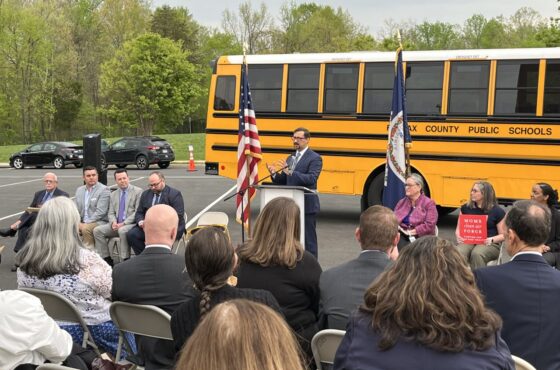Countries Adopt Kigali Amendment to Phase Down HFCs
Published by the Natural Resources Defense Fund
At 6:55 on Saturday morning, more than 140 countries sealed a landmark deal, called the Kigali Amendment, to phase down the powerful climate-warming pollutants called hydrofluorocarbons (HFCs) under the Montreal Protocol, the treaty that saved the ozone layer.
Almost ten years after NRDC and others first proposed amending the Montreal treaty to curb HFCs, countries reached a deal that will avoid rampant growth in these dangerous chemicals, eliminate most current uses over time, and replace them with a new generation of alternative chemicals and products that are climate-friendlier and more energy-efficient.
The HFC agreement establishes timetables for all developed and developing countries to freeze and then reduce their production and use of HFCs, chemicals used in air conditioning, refrigeration, insulating foams, and other applications.
HFCs are the fastest growing climate pollutants, and they pack hundreds to thousands of times the climate-warming punch of carbon dioxide, pound for pound. Scientists estimate that HFCs could add up to 0.5° Celsius to global temperatures by century’s end if their growth is not checked, dooming our chances to meet the Paris Climate Agreement’s target of holding warming below 2.0°Celsius.
But the new agreement will avoid this disaster. A new analysis by Dr. Guus Velders and colleagues projects that the Kigali amendment will avoid nearly 90 percent of the temperature increase that HFCs could have caused.

Source: Guus Velders, RMI, by permission
NRDC estimates that the agreed HFC phase-down will avoid the equivalent of more than 80 billion tons of CO2 over the next 35 years. (This includes controls on emissions of HFC-23 emissions occurring as a byproduct of HCFC-22 production, which also was agreed in Kigali.)
This is equivalent to knocking out the entire planet’s fossil-fuel CO2 emissions for more than two years.
This is the biggest step to protect against catastrophic climate change that countries have taken in the year since the landmark Paris agreement.
The HFC phase-down will trigger further reductions in CO2 emissions from power plants because more efficient air conditioners and other equipment will require less electricity.
Under the amendment, developed countries agreed to make their first HFCs cuts by 2019; in fact, the U.S., the European Union, and other countries have already started. Developed countries will also take the lead in bringing climate-friendly, energy-efficient alternatives to market.
China, Brazil, South Africa, Argentina, and more than 100 other developing countries committed to freeze their HFC production and use by 2024, and reduce in subsequent steps. India, Gulf States, and Pakistan agreed to make HFC reductions on a slower track, starting with a freeze in 2028 (three years earlier than India had originally proposed).
Developed nations committed to provide additional funds through the Montreal Protocol’s Multilateral Fund to support developing countries in achieving their commitments. The agreement also opens the door for countries that choose to move faster to benefit from early MLF funding, and for the MLF to support energy efficiency improvements alongside the reduction of HFCs.
While funding for the MLF’s next three-year cycle will be negotiated next year, developed country parties have pledged new funding to support developing countries’ adoption of alternatives. A group of countries pledged to provide an additional $27 million in “fast start” financing for next year, and this will be matched by $53 million from a coalition of 19 philanthropies, for a total of $80 million.
U.S. Secretary of State John Kerry, speaking to the plenary Friday afternoon, urged countries to deliver an ambitious agreement and to bet on the future of clean energy technology, noting that “ten years in this world of technology is a lifetime – many lifetimes, in fact.”
So, on a warm Kigali night in October, the Montreal Protocol that saved the ozone layer has taken on its shoulders the responsibility to help solve the global climate crisis. If this treaty succeeds as spectacularly as before, tonight will mark a major turning point in the fight to keep our planet safe for generations to come.
This post co-written with Alex Hillbrand
David wearing his Montreal amendment tie

NRDC’s crack team in Kigali

Read the full article at: https://www.nrdc.org/experts/david-doniger/countries-adopt-kigali-amendment-phase-down-hfcs




